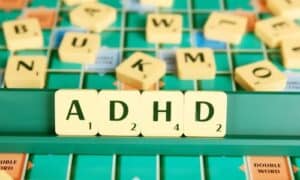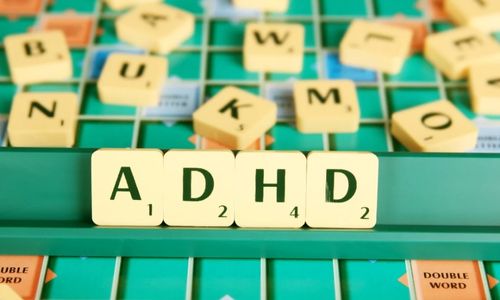
Conversations about ADHD often focus on how it affects children and young adults while they’re in school. However, ADHD also affects a significant number of adults, with 4.4% of U.S. adults currently diagnosed. Undiagnosed ADHD in adults can greatly impact daily life, from work to relationships. Understanding the signs of adult ADHD, how to manage symptoms, and what resources may be helpful are all essential aspects of regaining control of your life.
Adult ADHD Symptoms
One of the biggest obstacles to receiving a proper diagnosis is the symptoms of ADHD are hard to recognize. These behaviors are often dismissed as being tired, bored at work, or stressed, or having poor organizational and time management skills.
According to the National Institute of Mental Health (NIMH), there are some key symptoms to pay attention to:
- Inability to follow through on instructions: Constantly needing to ask for follow-up instructions or finding it difficult to follow instructions in the order they were given
- Repeated mistakes made on tasks: Finding it hard to pay attention to precise details of tasks and making the same mistakes because of this
- Being told you look like you aren’t paying attention: Repeatedly being told you look away or seem distracted during conversations with a boss, coworker, or loved one
- Difficulty finishing tasks: Deadlines are often hard to meet, or you often start a project but never finish it because you start working on something else
- Inability to sustain attention for extended periods: Browsing the internet while watching a movie, daydreaming while in meetings, or needing to stop reading after a short time to the extent that these habits cause problems in your daily life.
- Relationship problems caused by perceived rudeness: Interrupting a partner while they are talking or being inattentive to or forgetful of details they tell share
- Frustration at slow paces that leads to anxiety or restlessness: May result in pacing, unintentional body movements such as tapping feet or hands, and finding it difficult to sit in one place for an extended period
- Fluctuating emotions, from excitement to depression: Small frustrations may create spirals in your emotions that are difficult to regulate
While easily being distracted is a symptom typically associated with ADHD, many with ADHD also experience hyperfocus. This is characterized by becoming so engrossed in something, whether a hobby or work task, that anything else is drowned out.
Negative self-image and poor self-control are also often linked with ADHD and can feed into one another. Making decisions without regard for consequences often results in feelings of guilt afterward. This can lead to you being hypercritical about yourself.
How to Get Tested for Adult ADHD
In addition to understanding the symptoms of undiagnosed adult ADHD, it is also helpful to receive an official diagnosis. Unfortunately, there is no single test for ADHD, so this can be a lengthy process. Typically, an ADHD diagnosis will involve interviews with your primary care physician or a mental health professional. The interview questions are designed to examine your work process and home life. There may also be a written assessment and additional interviews with family members or close friends who can speak to your symptoms as well.
Treatment for ADHD
Treating adult ADHD may involve a variety of solutions. Mild forms of ADHD can often be addressed through symptom management or cognitive behavioral therapy (CBT). More disruptive forms of ADHD may be best addressed through medication.
Medications for ADHD will usually either fall into the category of stimulants or non-stimulants. Stimulants increase dopamine and norepinephrine in the brain to help increase concentration, but they can be addictive. Non-stimulants increase norepinephrine to improve attention and memory and are often recommended when stimulants produce unwanted side effects.
While medication may be the best solution in some cases, there are non-medication options available.
From cognitive behavioral therapy, which can help train you out of certain symptom responses, to life coaching, relaxation training, and therapy. Finding a treatment and management plan that fits your goals and needs is essential.
Next Steps
If you believe that you may have undiagnosed adult ADHD, finding a diagnosis is important. However, the process can take time. In the meantime, finding ways to manage your symptoms and focus on goal-oriented solutions can help keep you on track. Working with an executive function coach helps you identify challenges, set goals for yourself, and find a sense of control over your life.





